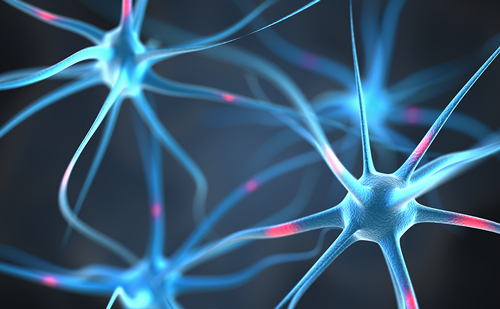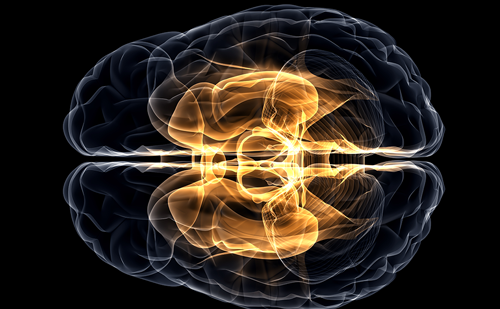Welcome to the latest edition of US Neurology, which features articles covering a wide range of topics relevant to the practice of neurology, and to the wider biomedical community. This issue begins with articles on two progressive diseases of the central nervous system causing motor and cognitive disability: multiple sclerosis (MS) and Parkinson’s disease (PD). Patients with MS express an interest in a more holistic approach to MS management, including diet and exercise, and seek personalized support from knowledgeable practitioners. Dunn et al. report on a recent meeting convened by the National Multiple Sclerosis Society, highlighting challenges and knowledge gaps, and proposing concrete actions to address this important need. Drawing from the observation that MS affects individuals at the peak of their reproductive years, Bove reports recent scientific evidence on pregnancy and MS, and emphasizes the need for a North American MS pregnancy registry, whose focus should include fathers with MS and children of parents with MS. The article by Olanow et al. reports on a symposium highlighting the importance and impact of motor fluctuations (OFF periods) in patients with PD treated with levodopa, and on current and future acute therapies for use during OFF episodes.
Foreword – US Neurology Review, 2015;11(2):13
Article

Trending Topic
Amyotrophic lateral sclerosis (ALS) is characterized by the degeneration of both upper and lower motor neurons, which ultimately leads to muscle weakness, atrophy, spasticity and contractures.1 ALS typically manifests in the 50–60 years age range, although familial cases may present in late adolescence or early adulthood.2 The time from the first symptom to diagnosis is approximately 10–16 […]
Related Content in Movement Disorders

The surge in social media use seems to have become a sign of our times. Social media has ramified into not only our personal lives but, importantly, also our professional lives and will continue to do so in the future.1–4 ...

Myoclonus is defined as a sudden, brief, lightning-like muscle contraction.1 It was first described by Friedreich in 1881 when he detailed sharp jerks involving the bulk of a full muscle without marked limb or joint movement and called it paramyoclonus multiplex.2 ...

It has been nearly 160 years since Friedreich’s ataxia (FRDA) was clinically recognized and described1 and 25 years since the FXN gene was discovered.2 Despite this, there are still no approved therapies for FRDA. FRDA is an autosomal, recessively inherited, neurodegenerative ...

Welcome to the spring edition of US Neurology. This journal aims to address topical subjects in the field of neurology to stimulate discussion focused on these issues. Articles have been chosen for their evaluation of current practices and research and ...

Welcome to the latest edition of European Neurological Review, which features a diverse range of topical articles covering a variety of therapeutic areas. This edition begins with a timely editorial from Milonas on recent advances in multiple sclerosis (MS), which ...

The clostridial neurotoxins (CNTs) (tetanus toxin [TeNT] and seven serologically distinct botulinum neurotoxins [BoNT/A–BoNT/D]), are among the deadliest agents known. They are bacterial enzymes produced by anaerobic, spore-forming bacteria of the genus Clostridium. Each toxin is composed ...

Patients with spastic paresis often endure prolonged treatment regimens, where each journey is patient-specific and often difficult. Spasticity – defined as increased, involuntary, velocity-dependent muscle tone that causes resistance to movement – is a complex condition that often causes pain, contractures and ...

Multiple system atrophy (MSA) is a is an adult-onset, sporadic, progressive neurodegenerative disease characterized by a varying combination of parkinsonism, cerebellar ataxia, autonomic failure, and corticospinal dysfunction. Patients either have a predominance of parkinsonian symptoms (MSA-P) such that they are ...

Parkinson’s disease (PD) has been traditionally defined by the motor symptoms of bradykinesia, resting tremor, rigidity and postural instability;1 however, more recently, it has been recognized that neuropsychiatric symptoms such as psychosis, anxiety, depression, apathy, impulse control disorders and ...

Spastic paresis may be caused by a variety of conditions, including stroke, spinal cord injury, multiple sclerosis, retroviral and other infectious spinal cord disorders, cerebral palsy, traumatic brain injury and hereditary spastic paraplegia.1 The exact prevalence of spastic paresis (in ...

Parkinson’s disease (PD) has been traditionally defined by the motor symptoms of bradykinesia, resting tremor, rigidity and postural instability;1 however, more recently, it has been recognized that neuropsychiatric symptoms such as psychosis, anxiety, depression, apathy, impulse control disorders and ...
Latest articles videos and clinical updates - straight to your inbox
Log into your Touch Account
Earn and track your CME credits on the go, save articles for later, and follow the latest congress coverage.
Register now for FREE Access
Register for free to hear about the latest expert-led education, peer-reviewed articles, conference highlights, and innovative CME activities.
Sign up with an Email
Or use a Social Account.
This Functionality is for
Members Only
Explore the latest in medical education and stay current in your field. Create a free account to track your learning.


